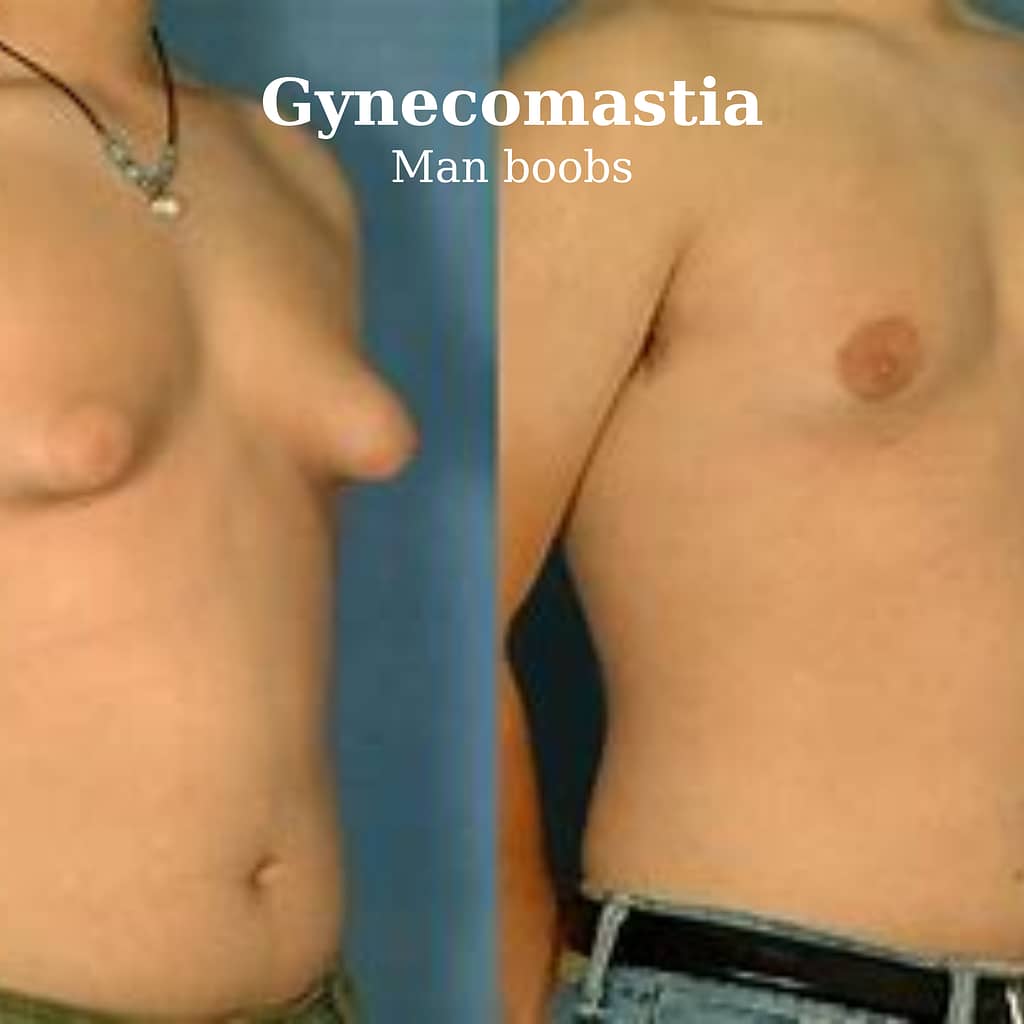
Breaking the Taboo: Men`s Hormone Imbalances Exposed
Let´s dive into the world of hormone imbalances in men, specifically high estrogen levels. Recognize the potential risks and empower yourself with practical strategies to regain hormonal balance.
It is not uncommon for some people to experience hormonal imbalances at one point or another in their lives. Some hormonal imbalances are temporary, while others affect your health and quality of life. A slight change in hormones can have massive side effects.
Some causes of hormonal imbalances can be a malfunction in the glands (thyroid function); some symptoms of hormonal imbalances are gynecomastia (enlargement of the breasts in men) and infertility (low testosterone levels-hypogonadism).
A Closer Look at Gynecomastia
Estrogen is a critical hormone that every human body needs. A slight change in hormone levels can contribute to some serious health problems. Normal estrogen levels for men are 10-40 pg/ml (estradiol level) and 10-50 pg/ml (estrone level).
Gynecomastia is a condition in men where there is a significant increase in breast volume. This condition is due to hormonal imbalances in estrogen and testosterone levels. It can occur at different stages (birth, adolescence, and as men mature).
The following medications can also trigger gynecomastia;
- Digoxin (heart medication)
- Spironolactone (heart failure and high blood pressure)
- Thiazides (high blood pressure and edema medications)
- Phenothiazines (medication for mental and emotional issues)
- Theophylline (meds for asthma and chronic obstructive pulmonary disorders)
- Cimetidine (meds for stomach ulcer)
- Ketoconazole (antifungal medicine for skin fungus-athlete´s feet, etc)
- Finasteride (hair loss treatment)
Certain medical conditions, like tumors in the pituitary and adrenal glands and testes, can cause significant increases in estrogen and decreases in testosterone levels.

Some symptoms of hormonal imbalances include;
- hair loss
- weight gain
- fatigue,
- poor sleep quality,
- sexual dysfunction (low libido, erectile dysfunction),
- prostate issues (enlargement-benign prostatic hyperplasia),
- may alter skin and hair (noticeable changes in skin texture and hair distribution),
- and depression.
Some symptoms may be embarrassing or difficult to deal with; for some, hormone replacement therapy may help. The normal range for testosterone is 300 ng/dl and 1000 ng/dl. This range may differ by circumstances such as age, health status, etc.
Lifestyle changes in nutrition and exercise can have a significant impact on turning some of these conditions around. High levels of estrogen in some men over 50 can lead to cardiac arrest. Consult your primary physician.
Defying Age: Conquering Andropause, the Silent Battle of Men

Let´s delve into the world of andropause and discover the reality of male menopause to gain a deeper understanding and take control of your well-being.
Don´t let andropause go unnoticed. Get to know the signs, symptoms, and solutions to combat andropause.
Andropause: A Quick Review
The term andropause came into existence in 1944 by Carl Heller and Gordon Myers, endocrinologists who studied synthetic testosterone. Women go through menopause, and men also go through a similar condition called andropause. Andropause is a slow but steady reduction of testosterone and DHEA (a hormone that produces other hormones such as estrogen and testosterone) in men.
Some disadvantages of andropause include;
- weight gain
- reduce energy levels,
- change in moods (irritability),
- emotional disturbances (moodiness),
- increase fatigue,
- cognitive malfunction (memory loss and concentration issues)
- increase sleep disturbances,
- may reduce bone density,
- slower recovery time from exercise,
- urinary issues,
- a slight reduction in testicular size,
- changes in semen volume and quality,
- cognitive impairment,
- and may increase the risk of depression and anxiety.
There are treatments for andropause, such as hormone replacement therapy or aromatase inhibitors (endocrine-like therapy). If you have concerns or questions about andropause treatment, please consult your primary physician.
You May Also Like;
Shed Pounds Quickly and Safely: For Those Who Struggle with Weight Loss – MenMatters
Live your best life with these solutions – MenMatters
